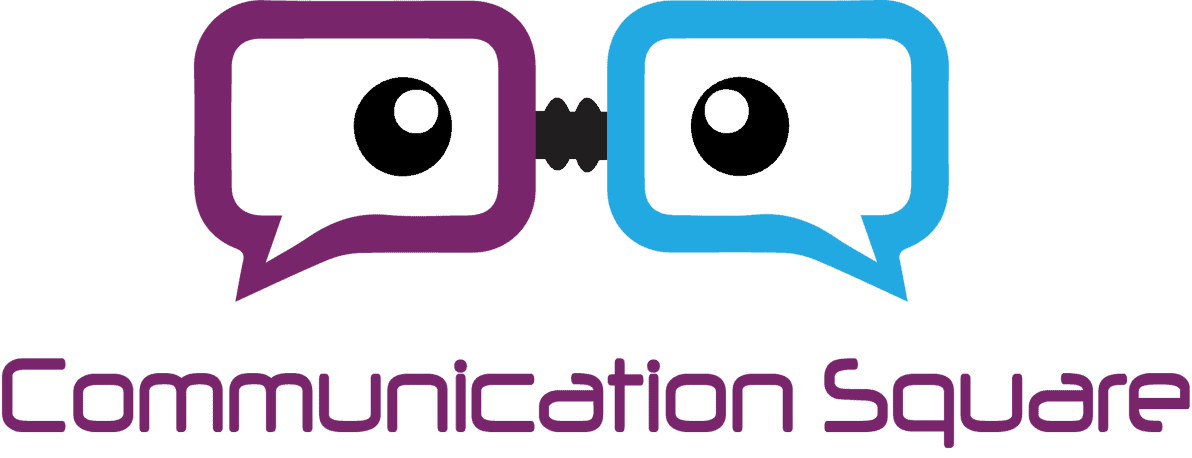Healthcare organizations are constantly under fire to improve outcomes, reduce costs, and improve the patient experience. One strategy that can help them achieve these goals is managing their data cost effectively. The cloud is ideal for managing healthcare data because it enables healthcare providers to share data with their patients and other stakeholders, such as payers and government agencies, while maintaining control over that information’s privacy. It also allows organizations to scale quickly without developing modern technology or software.
Simply put, managing healthcare data in the cloud can speed up or streamline processes, reduce infrastructure costs, and administer security protocols. This article lists five ways for healthcare organizations to manage their data in the cloud.

1. Use A Data Map
One thing you must do is create a data map. When you look at the healthcare data mapping definition, you’ll learn that a data map is a visual representation of the relationships between your data. Therefore, through data mapping, you’ll have an idea where your records are stored, who has access to them, and how they are linked.
For example, all pertinent information about a patient is in the cloud system. With data mapping, healthcare providers can easily check if the patient has been on a clinical trial, if there have been issues with payment or insurance, and so on. Even if the patient left records in different departments, all data are collected in the cloud, so they are easily accessible. Furthermore, pertinent information can be used to generate reports, forecasts, and case studies, among others.
For more insights into effectively managing and analyzing your healthcare data, consider exploring resources on Data analytics, which can provide additional strategies and tools
2. Assemble A Team of IT Professionals
To maximize the benefits of a cloud-based healthcare system, you need to have a team of information technology (IT) professionals who can provide support and guidance. These professionals should be briefed so that they can identify your organization’s needs, know how to get the most out of the cloud, and be able to work with other teams within the organization.
The experts you choose should be able to help you plan for the upcoming changes and implement them as soon as possible. In addition, they should also be able to keep you updated on any new developments that may arise in industry or from within your organization.
3. Develop A Data Backup Plan
Before jumping into the cloud, it is vital to have an effective backup plan. This way, you can eliminate any limitation caused by lack of resources or technical issues related to hardware or software failure in the cloud environment. In addition, you can protect your healthcare organization from data loss and maintain data security by using a reliable backup solution for your organization’s data.
One essential issue of medical records in the cloud is security. Which means you must ensure that all data stored on servers are secure and protected against unauthorized access. Since the healthcare organization's database can be stolen by hackers, one approach to do this, you can use encryption technology that provides important levels of protection against unauthorized access.Healthcare professionals, armed with MBBS degrees, are increasingly leveraging cloud-based solutions to streamline data management, ensuring efficient access, analysis, and collaboration within healthcare organizations
4. Establish A Centralized Data Management System
You need a centralized data management system to manage your healthcare data in the cloud. Since this is one of most crucial aspects in data governance and security. This system is important because it provides a single access point for patients, doctors, and other stakeholders.
When creating a centralized data management system for your health records in the cloud, you must consider the implementation. For instance, you may use an enterprise-wide solution that integrates with electronic medical records. Alternatively, you can use password protection and biometric authentication systems at the same time. This way, only authorized users can access the medical information on their cloud account.
5. Plan How to Migrate Your Data into the Cloud
To manage your healthcare data in the cloud, a plan is essential. First, you should determine if you are ready to upgrade your technology. From there, you can devise a plan that includes what kind of data should be moved, where should they be stored in your organization. In addition, how long will it take for all your employees and clients to adopt the innovative technology?
If you already have a cloud-based system, it’s time to evaluate its performance and whether it can be optimized with a new platform. For instance, if your current system doesn’t allow you to access certain types of data or security concerns prevent you from using a new system, then it may not be worth moving all your data into the cloud.
On the contrary, if you’re still developing an infrastructure that can support this transition, start by talking with your primary care physicians and other healthcare providers who are not yet using a cloud-based system. This can help you determine where this modern technology can help you improve your medical workflow and provide better service to your patients.
Key Takeaway
To conclude, the healthcare industry leaders embrace the cloud to streamline operations, improve quality, and provide better patient care. Managing healthcare data in the cloud is becoming compulsory. And with increasing regulations and mandates, protecting healthcare users’ data becomes critical. Overall, the task may seem challenging and complicated, but these five tips can guide you from following protocols. In this case, as you transfer medical data from one system to another to creating a necessary backup plan to save you from losing sensitive patient information.
Your enterprise can create incredible efficiency in supporting, maintaining, and growing the IT infrastructure, upwards of 50% or more. These are significant reasons for you to consider Communication Square as your partner, and our full spectrum of Management of IT services and consultation. Book a Cloud Strategy Call now to get more information today.
Last Updated 3 weeks ago


